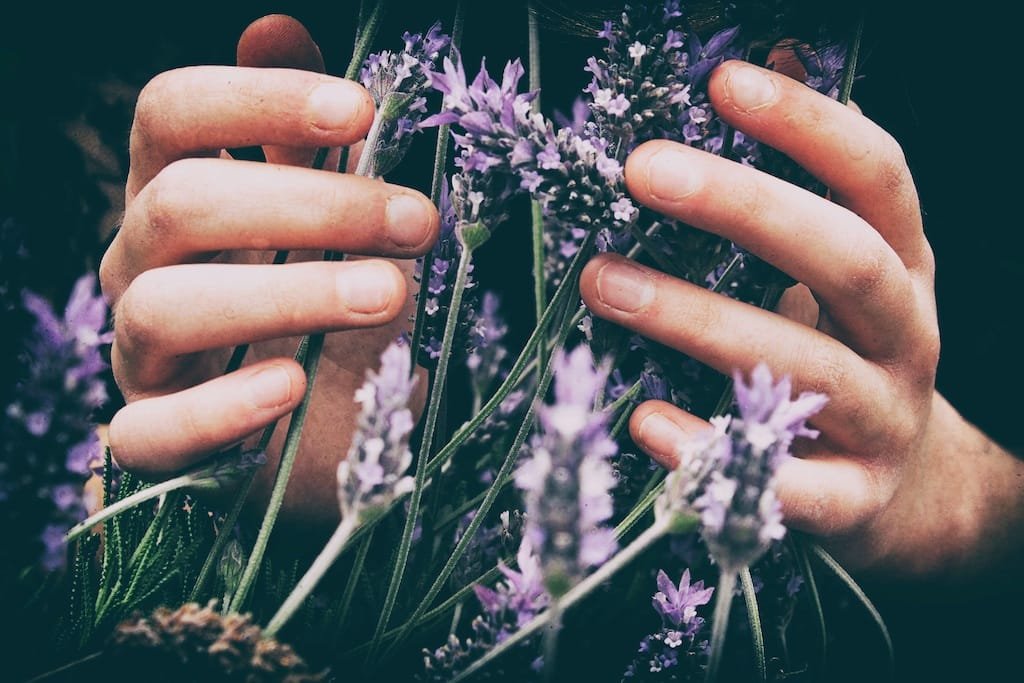
Embracing Uniqueness
From the moment of conception, every single person is unique. Despite sharing gender, race, family and even species with thousands of others, each individual’s genetic makeup is completely idiosyncratic, resulting in their unique physical, mental and emotional attributes. This becomes clear from the moment of birth, each baby distinctly different from the next and praised as miraculous and special by their parents for good reason.
As we begin to grow we discover more about our personality – our likes and dislikes, natural dispositions and talents and all of our little quirks. The differences between ourselves and our peers become more noticeable, especially in social settings such as school and maybe for the first time the differences which make us unique become an issue. Instead of being proud to be different it is far more common for children to want to blend in, this desire stemming from a fear of being outcast from the herd and rejected.
This issue follows many people into adulthood, lots of people downplaying their uniqueness and shaping their lives and personalities to fit moulds drawn out by various external influences. While to some extent this can be beneficial – discipline and uniformity is the glue which holds society together – it also discounts our uniqueness, leaving out the individual sparkle each of us can bring when working together. Some of the most successful interactions are the ones where each person can embrace the other individual’s strengths. Listening to what each person has to offer and valuing their unique skill set. By allowing each person to bring their own perception and abilities to the table, the collective collateral of a dynamic is much greater, and everyone feels valued and important.
It is also in your best interests on a personal level to learn that your differences are your strengths. As Oscar Wilde said, “Be yourself; everyone else is already taken.” The sooner we accept and love all of ourselves, the less we compare ourselves to others and thus can become content with our own life. At this point we also start to think about how our differences can help others in a more collective sense, pooling together our specific skills to contribute to the greater good. The more people and organisations that think this way, the greater the potential for positive change – both in our thinking and our achievements. Even if you don’t do anything else today, do something radical and begin to really embrace your uniqueness, and start to encourage others to do the same – the world will thank you for it.


